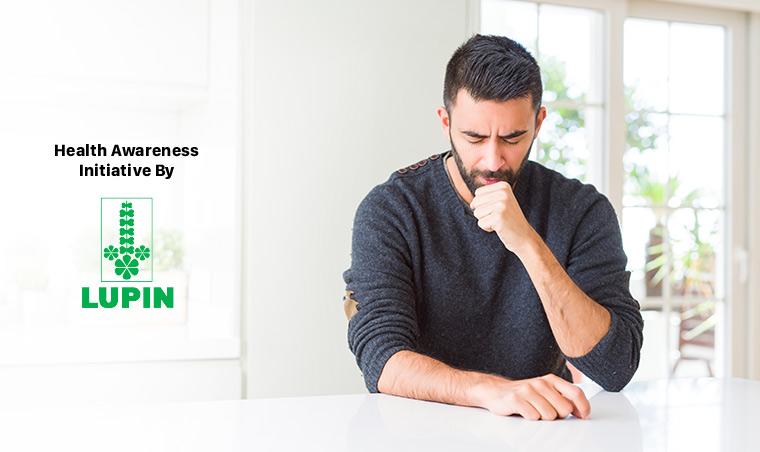Long-Term Complications Of Covid-19!
By Dixit Arora +2 more

Download PharmEasy App




Register to Avail the Offer
Send OTPBy continuing, you agree with our Privacy Policy and Terms and Conditions
By Dixit Arora +2 more
As COVID-19 pandemic continues to wreak havoc worldwide, various data sources suggest that in India the recovery rate of COVID-19 is over 70% as of August 23, 2020. India currently has almost 2.4 million patients who have recovered from COVID-19. However, an important question still looms large – Does a COVID-19 survivor recover completely after hospital discharge?
The SARS-CoV-2 virus primarily affects the respiratory system and can cause life-threatening pneumonia. Current research shows the disease attacks more than just the respiratory system, affecting multiple organs with blood clots and inflammation. Almost 80% of COVID-19 infections are mild or asymptomatic, 15% are severe infections requiring oxygen and 5% are critical infections, requiring ventilation.

Table of Contents
Several COVID-19 recovered patients are returning to doctors with conditions including breathlessness, cardiac, lung and other complications. According to a newly published study from Italy, many patients with even milder forms of COVID-19 have persistent symptoms of fatigue and difficulty breathing for up to 60 days post-infection. Furthermore, researchers of this Italian study report that almost 43% of recovered patients have worsened quality of life and almost 87% recovered patients have at least one persistent symptom even after two months of their recovery from the disease.
Post-recovery, some COVID-19 patients may continue to face a range of health issues, depending on the severity of the disease they explained earlier. There is limited evidence regarding long-lasting COVID-19 symptoms after the infection is gone. However, there have been reports of individuals still experiencing symptoms months after the infection, including continued loss of taste or smell, irregular heartbeats, chest pain, shortness of breath, extreme fatigue, learning difficulties, and recurring fever.

It is to be noted that not all recovered patients report long-term complications. Post COVID-19 patients who developed acute respiratory distress syndrome (ARDS) could have a higher risk of long-term health issues.
Some other complications of “long-covid” include fatigue, myalgias (muscle pain), arthralgias (joint pain), cognitive impairment, depression or anxiety, a consultation is advised if you experience any such symptoms.
Dr. Ashish Bajaj – M.B.B.S, M.D.
Post-COVID-19 patients may experience persistent respiratory symptoms, fatigue, decreased functional capacity and decreased quality of life up to 6 months after infection. People who had severe illness with COVID-19 might experience organ damage affecting the heart, kidneys, skin and brain. Inflammation and problems with the immune system can also happen.
Dr. M.G. Kartheeka, MBBS, MD

Also Read: What Causes Fingernails to Split Down the Middle: A Comprehensive Examination of the Causes
By adhering to government and local health regulatory guidance and continuing with these safety precautions, we all need to do our part to make sure the COVID-19 virus comes to an end.
It is very important for all of us to take health and safety precautions concerning COVID-19 seriously. With the reopening of businesses and public facilities, many cities are reporting an increase in the number of daily COVID-19 confirmed cases.
Comments